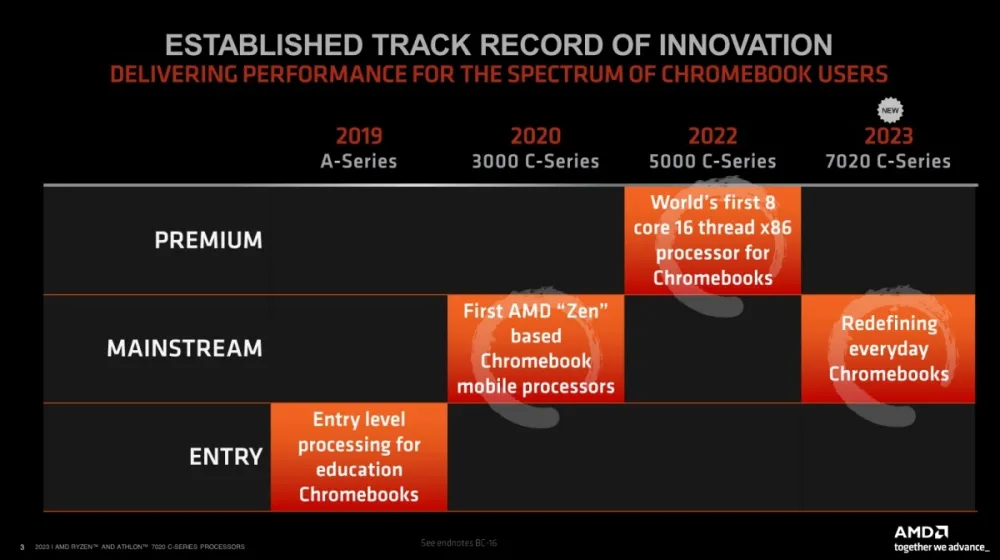AMD talks about hybrid architecture processor: AMD wants to avoid Intel’s AVX-512 problem
Last month, AMD’s Senior Vice President and Chief Technology Officer, Mark Papermaster, affirmed during a media interview that AMD hybrid architecture processor will manifest in the consumer market, with further details to be revealed in due course. This official confirmation marks the first since rumors of AMD’s introduction of a big-little core design.
During Computex 2023, TomsHardware visited local offices, witnessed a Ryzen AI demonstration, and once again gleaned insights on the hybrid architecture processor from AMD’s Vice President and General Manager of Client Channels, David McAfee.

Presently, AMD’s Ryzen 7040 series APU incorporates an AI accelerator engine, essentially a distinct hybrid architecture design. AMD perceives that this offers advantages for certain types of AI inference workloads, proving even more useful than efficiency cores. However, the crux and challenge of such a design are guiding different artificial intelligence workloads to the appropriate type of core, thereby optimizing performance and power efficiency.
Earlier, Intel’s Alder Lake incorporated performance cores that supported AVX-512, but the efficiency cores did not, leading to the forcible disabling of AVX-512. This not only cost the chip a feature but also squandered valuable chip area. David McAfee stated that cores with contrasting performance and efficiency exhibit differences in ISA support and IPC, among other aspects. Considering all factors, this method does not align with AMD’s approach.
David McAfee argued that maintaining the consistency of workloads to run on any core carries significant advantages. AMD, familiar with Windows’ scheduling methodology and proficient in rational task guidance, opts to utilize the same mechanism to ensure a uniform core capability. Having studied Intel’s practices, AMD believes that its operational approach introduces numerous complex issues, thus choosing not to traverse the same path.
It is apparent that AMD will opt for a divergent route from Intel concerning hybrid architecture. As to the eventual practical effects, time and benchmark testing will serve as the definitive arbiters.





